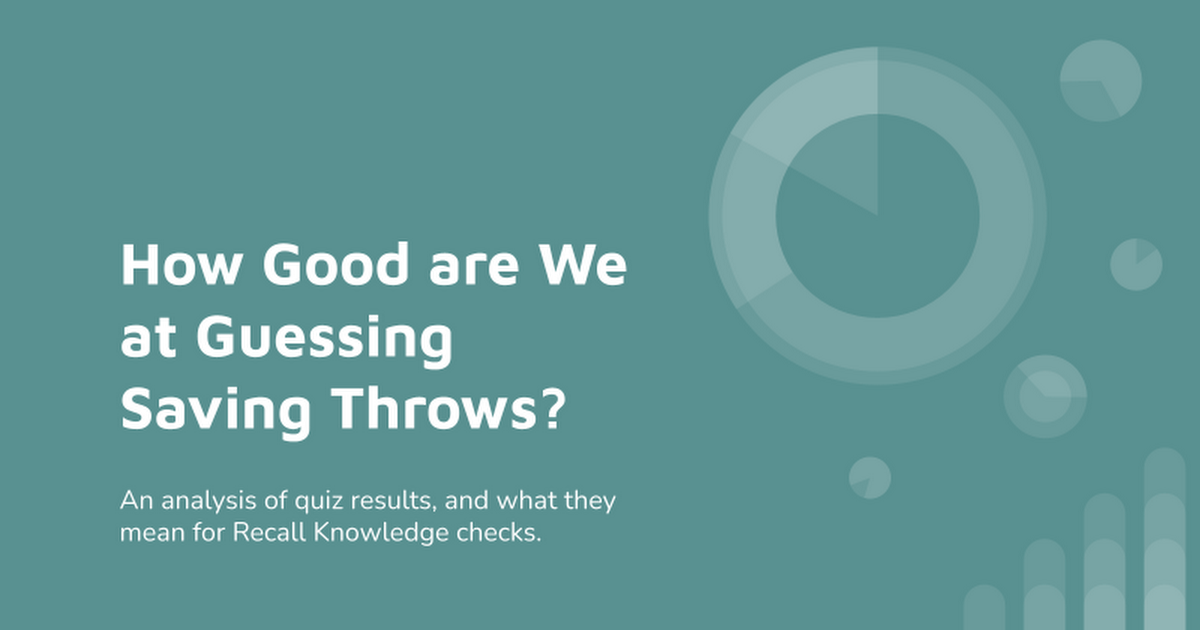And politics is pagentry. Liberals believe strongly in the rituals of the state, and the respect of “the office”. It almost never matters who the shitbag was who held the office, for them a part of the system is playing your role and not deviating from the script.
This conveys nothing but the fact that she’s following the script of political society.
There are other reasons to dislike Harris. Better reasons. Reasons founded on something other than the want for people to ignore the established customs of the space they’re inhabiting.














I grew up with parents that did a lot of the support stuff around the house without making me learn any of it. The result was me going away to college not knowing how to cook, clean, do laundry, fix things, or really any of the practical day-to-day life skills one needs to live independently.
Luckily, I lived with the maybe unsupported belief that I could do anything if I tried, and failing seemed really low stakes, so I managed to figure things out.
There are a few tricks you can do to guard yourself here.
First, if you’re using the stovetop, turn the heat down. A lot. Especially if you have an electric coil stove. Most recipes are seemingly written to gas stovetops, and at high settings, electric stoves end up transferring way more heat into the cookware than a gas flame on high (flames lick up around the edge, and like half of the heat is lost to the environment). If you’re using electric stoves, you basically never want to turn them up above 60% unless you’re boiling water. So, treat 6/10 as “high” and adjust your scale accordingly.
Second, use a timer. Don’t let yourself walk away from the stove for more than a few minutes at a time, and if food is looking close to done, don’t walk away at all. Things go from “mostly cooked” to “done” in a matter of seconds.
Third, pre-heat your cookware. Don’t add food to a cold pan. Add a small amount of fat while it is cold, and use its appearance to judge whether it’s hot enough to add food or not. If you’re using butter, wait for it to bubble; oil, wait for it to take on a shimmery appearance. Adding food to cold or unlubricated cookware can cause it to stick, and stick bad. More importantly, it’s easy to walk away from a cold pan, and it doesn’t remain cold for nearly as long as you think.
Let’s take eggs as an example. Frying an egg is trickier than it seems, particularly if you like a loose yolk, because yolks cook at lower temperatures than whites. Adding a knob of butter – about a teaspoon, or roughly 1" X 1" x 0.25" – to a non-stick pan, turning the heat to medium-high, and then watching for the bubbles tells you when to add the egg. The egg should sizzle a little, and the thinnest parts of the albumen should turn white immediately. Add a small pinch of salt, pepper, or other spices you may like at this time, then watch the egg carefully.
Gradually, the white should turn more and more opaque. It should take a minute or two.
If you want a fully runny yolk, flip it when it’s opaque about half-way up; if you want it less runny or more gelled, wait until it’s almost fully opaque, but still glossy. Once you’ve turned it over, it only needs to cook for about 60 seconds. The timing here will involve some trial and error to hit the exact yolk consistency that you want. Remember that it’s OK if it’s not perfect.
Fourth, and finally, for baking, get an in-oven probe thermometer and an oven thermometer. Always pre-heat the oven, and don’t trust the temperature setting until you’ve verified it with the stand-along oven thermometer. Baking and roasting is all about temperature control. It’s ok to cook at a lower temperature than the recipe calls for, it will just take longer for it to finish cooking. It’s also ok to cook roasted foods to lower temperatures than guidelines, so long as you cook them for longer. This will usually prevent things like meats from drying out as much. For instance, safety guidelines say to cook poultry to 165 deg. F, but this is the temperature that instantly kills microbes. It will also dry out the meat somewhat significantly. If you can get and keep the temperature at or above 150 F for four to five minutes, it will be just as safe. And it takes time for heat to penetrate the meat, so the internals usually continue to increase by 5 to 10 F after you remove it from the oven, so you’ll almost always be able to keep it hot enough for long enough if you remove it at 150.
But, of course, monitor it yourself to be sure. Or turn the oven off and crack open the door for a couple of minutes before actually removing it if you’re worried it’s not going to hold.
Honestly, prepare everything you can in advance. Make a checklist, and break things down into steps. Chop of everything you need to fry. Put dense items like carrots and potatoes in the same bowl. Put lighter items like onions and celery together. Keep delicates like garlic separate. Pre-mix dry ingredients. Keep reactives like baking powder or baking soda to the side until you know you need them. This all takes a little extra time, but while you’re learning it’s really helpful to front-load a lot of the work and to keep track of it as you go.
Also, read the full recipe and instructions in advance. A lot of cookbooks and cooking videos are poorly written and produced, and will throw “quiet” steps in like they expect you to know they’re coming, like “mystery” shows that don’t give you enough information to solve the mystery before the protagonist.
This comes with practice, and a home cook does not need the level of consistency or exactness that a chef in a Michelin star restaurant does, and if it’s something that’s really finicky that does, maybe skip it until you’re more practiced.
Or buy a mandolin.
That’s not usually necessary, though. Most cooking does not require strict tolerances on the size of things. The consequence of slicing things thicker than you meant to is that it will take slightly longer to cook.
Like, every recipe under the sun will tell you to chop or slice vegetables into equally thick units, but that functionally never happens in a home kitchen. It’s not that important.
This is ok. Treat this as a learning experience. Slice your florets in half one more time, and add your vegetables to the dish at different times, starting with the potatoes, and ending with the stuff that turned out as mush. It’s easier to cook things for different amounts of time than it is to figure out the exact sizes you need to make things so they take equally long to cook. Especially since some ingredients will stand up to being cooked for longer while others won’t.
Also, you can use a microwave to finish a dish that has some components that didn’t get quite enough time on the stove or in the oven.
This is really hard, and I know is an incredibly frustrating experience. It takes time and experience with flavours and flavouring ingredients to get a sense for what works, and what fixes things when they don’t work.
Try to keep in mind when cooking that you can always add more of a flavour, but it’s really, really hard to remove it if you add too much. Start conservative with seasoning, and build it up as you cook the dish.
Make sure you use enough salt. If things are bland, even if you’ve added spices and other seasonings, it’s probably because there’s not enough salt. But add it lightly, testing the flavour over time. It’s really hard to unsalt a dish if you go overboard.
I know it can feel really daunting to try and cook. Failure, as you say, can mean feeling like you don’t get to eat. But failure is also a teacher, and you’ve expressed specifics here that point you toward the kinds of things you can do next time to make things better.
Something that can help with all of this is a cooking journal. It’s a place where you can write down your prep notes, as well as the outcome of the dish, what was wrong, what could be done better. Try and keep things small to start, and work with forgiving ingredients (dark poultry meat, for instance, if you eat meat, or waxy potatoes). You build up your skills, and your intuition, slowly over time.
You can do it. You just have to make it OK to fail. There’s no shame in not being good at something you’ve never learned to do.